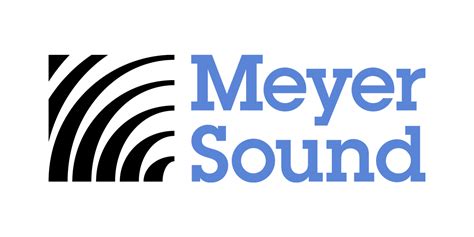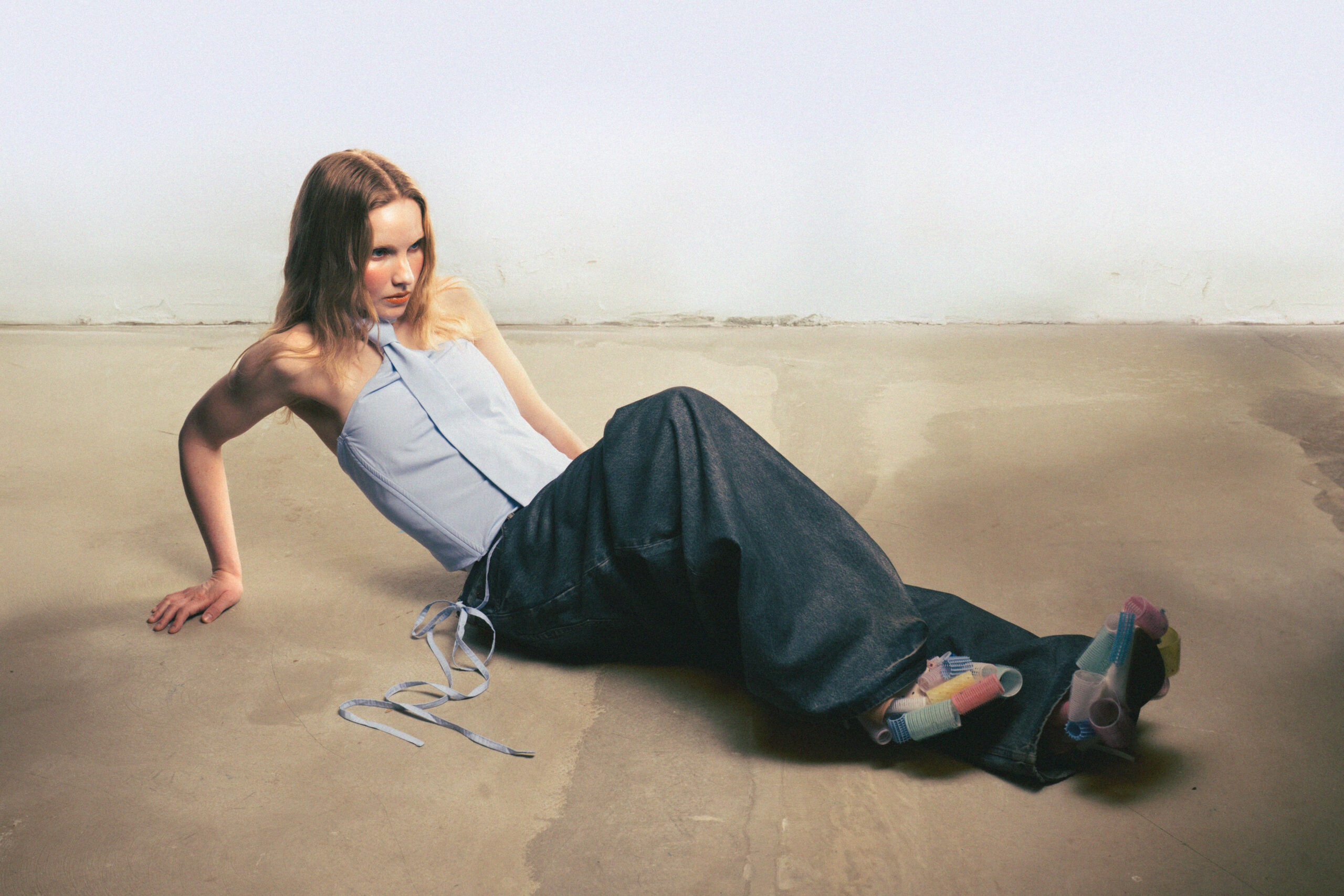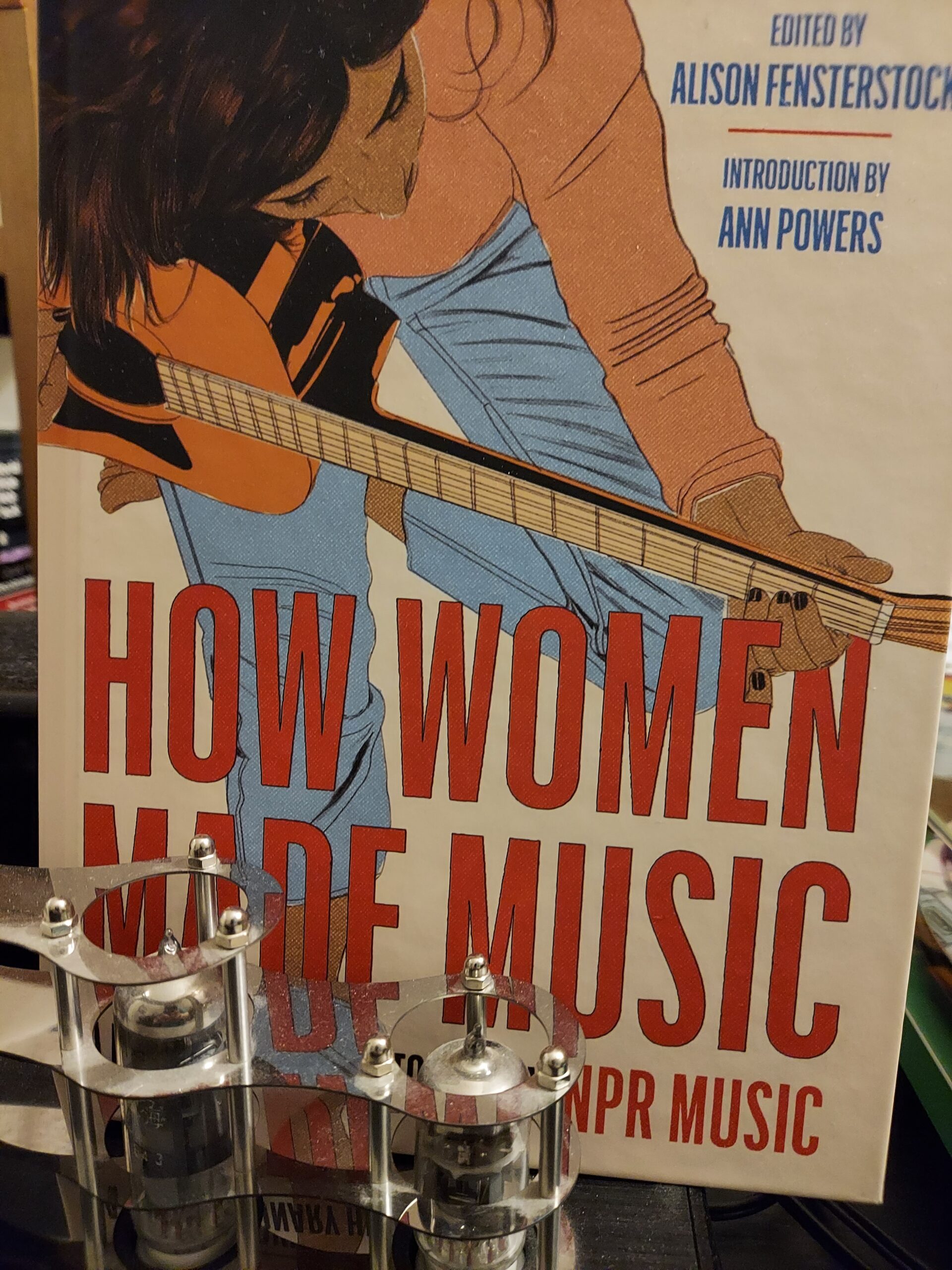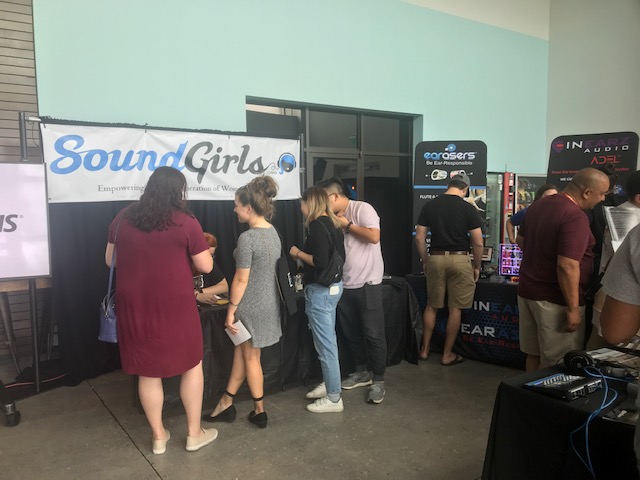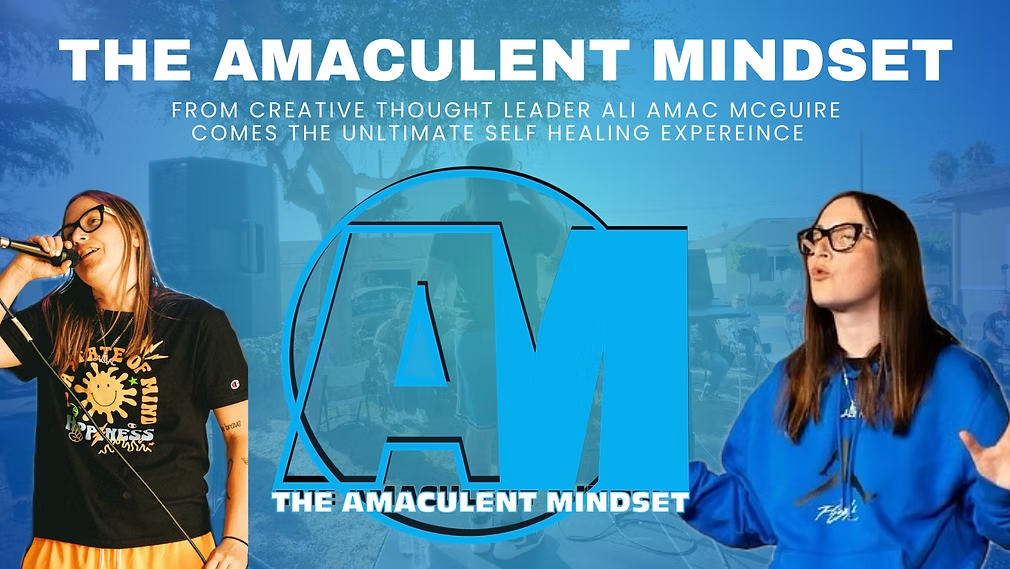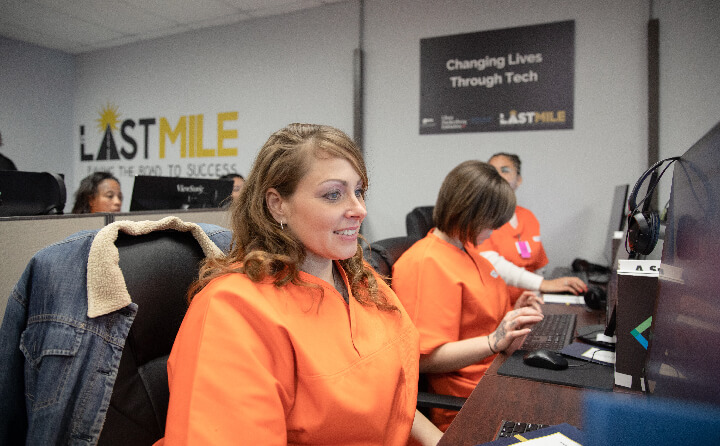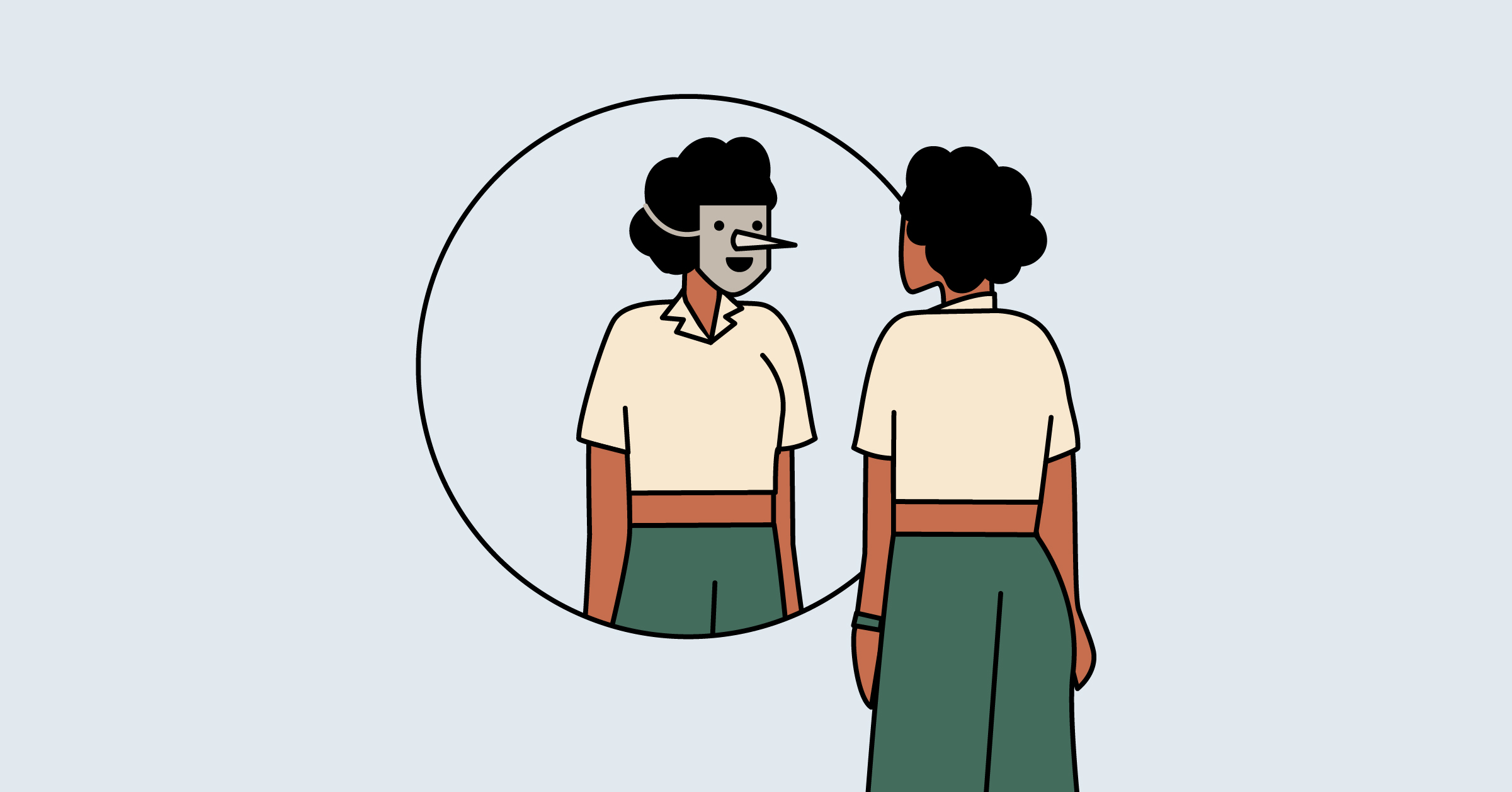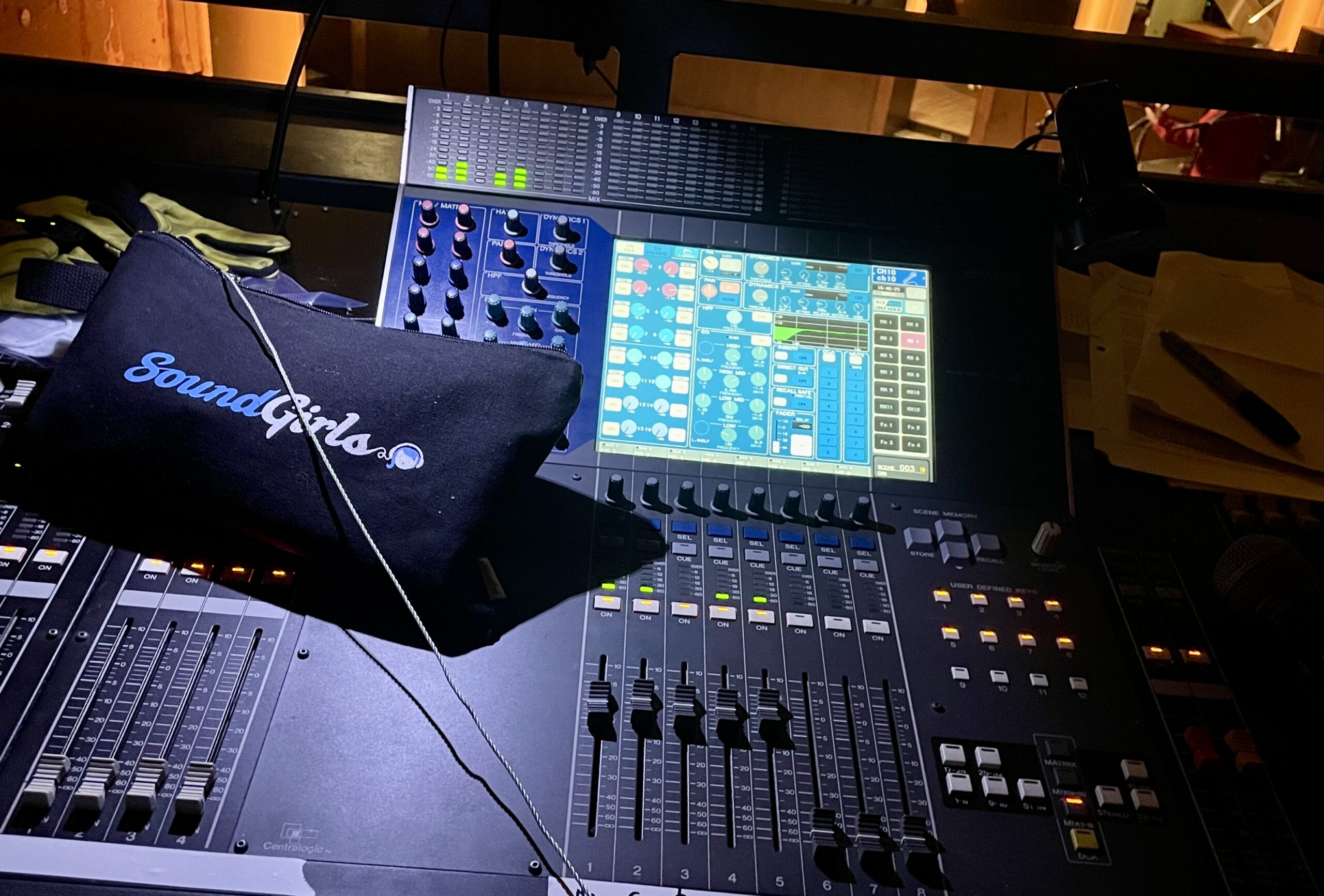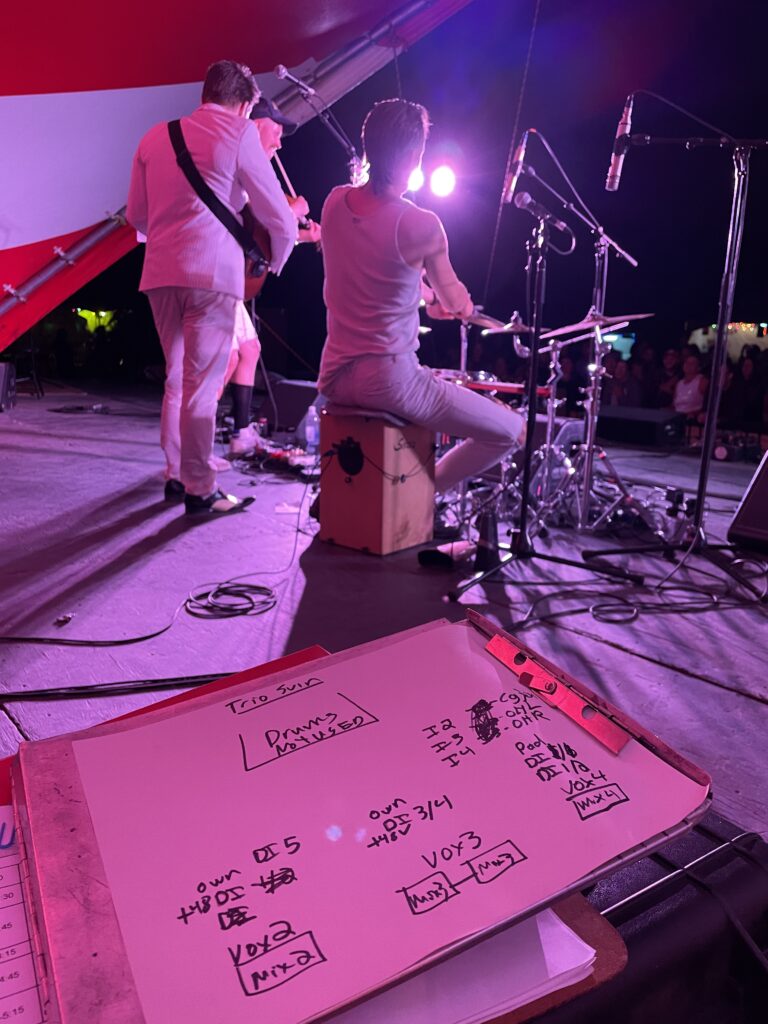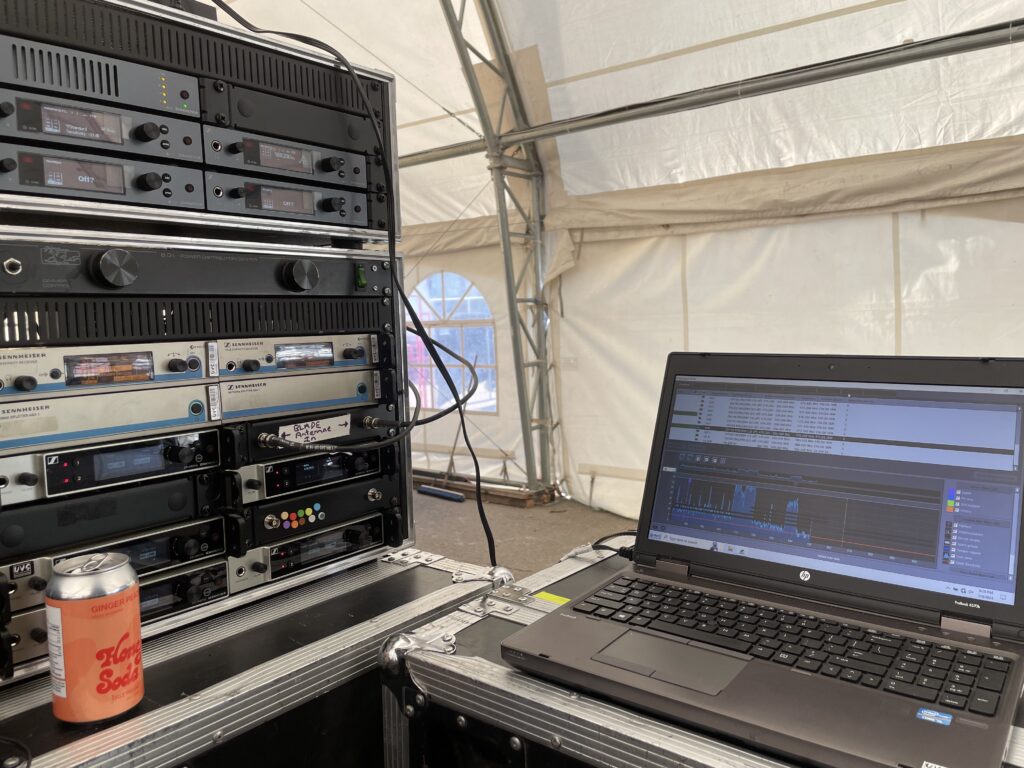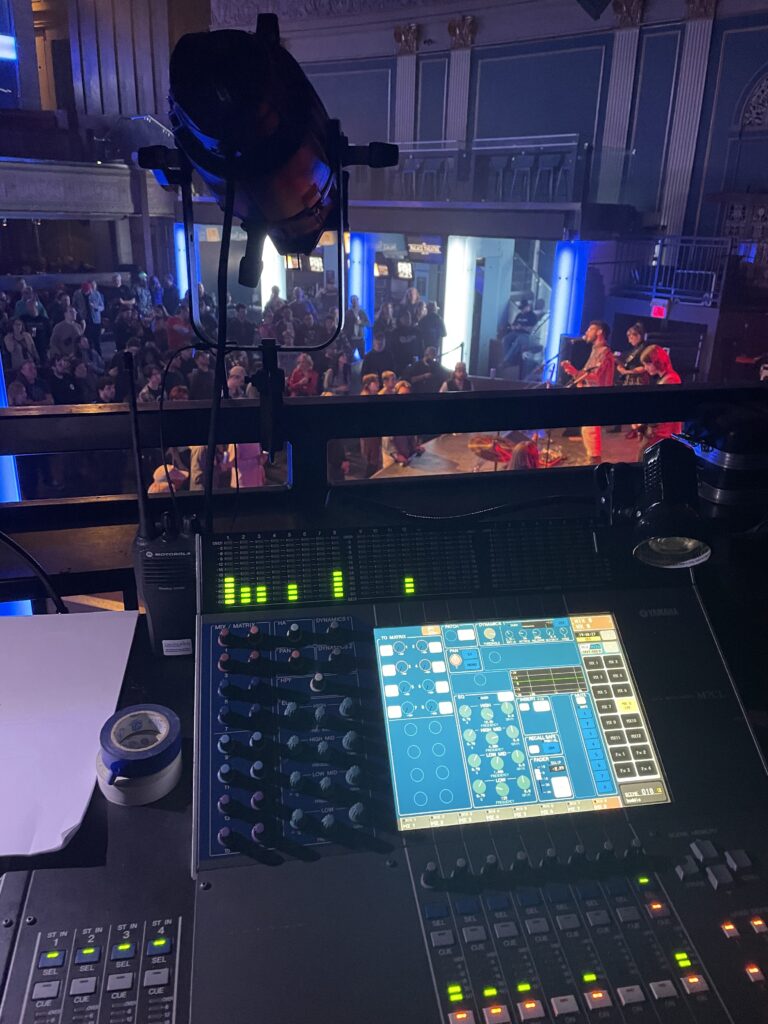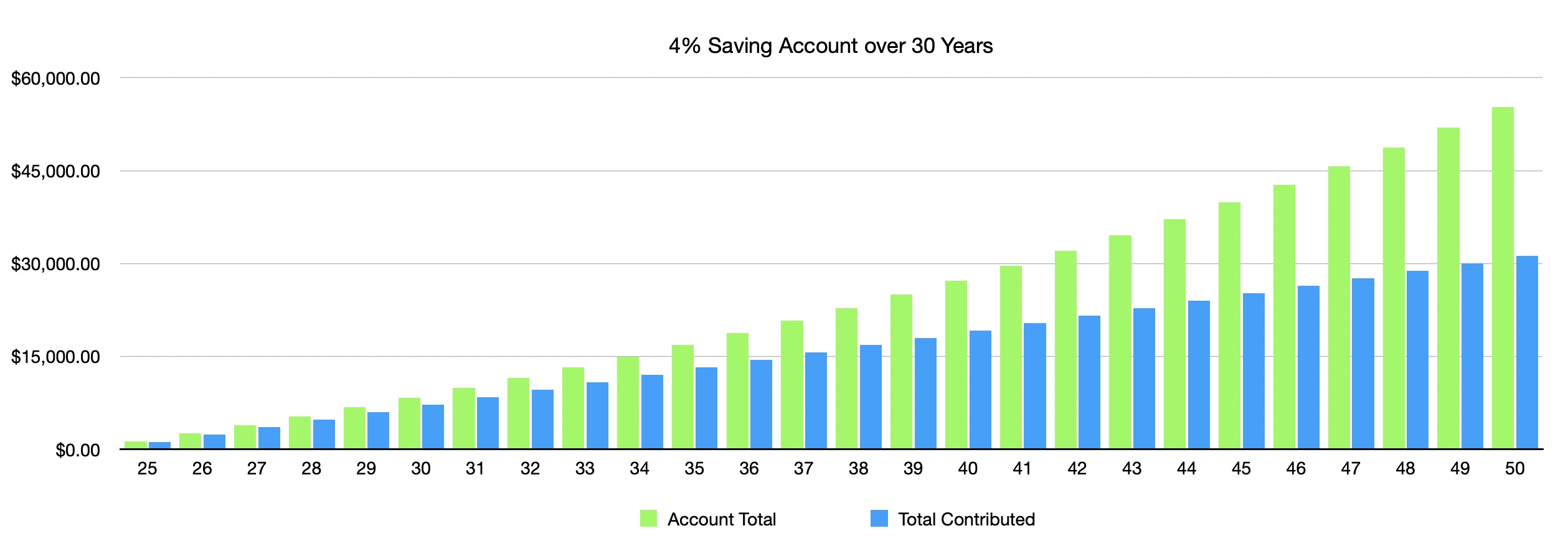If you’ve been reading my blogs for a while, you’ve probably noticed that a lot of them don’t directly relate to sound. That’s because sound is actually such a small part of what we do on a day to day basis. Being an incredible mixer is all well and good, but if you crumble under pressure or can’t show up on time, you won’t work for long. If you’re an A2 or monitor engineer and you can’t communicate with people, you won’t even know what people need so you can effectively do your job.
Today I’m going to wander well off the sound waves into what I consider one of the most all encompassing topics for dealing with life: Money.
Now, I’ve been writing blogs for five years at this point. I can’t tell you how many drafts of this very topic I’ve written and hated. Money is such a taboo topic that we probably know more about our best friend’s sex life than we do about their bank account, so it hasn’t been easy trying to find the best way to talk about it. However, I’ve never been known for my subtlety, so we’re just going to dive in head first.
Money is important. We can go through all the overused sayings that money can’t buy happiness and that it isn’t everything, but the fact remains that money is a major factor in our lives. Having a savings account with a few months of expenses tucked away can make all the difference when emergencies or life changes come your way.
We all have different relationships with money. Part of it is nurture: the environment we grew up in and how we saw our parents handle money, but just as important is nature: who we are and what we value in our lives. My parents taught my sister and me similar things about money, but we have different priorities and habits that have developed because we’re different people with different life experiences in different careers.
This blog won’t have all the answers for every situation, but what I really want it to do is put financial literacy on your radar and maybe show what it can do for you, given time. That way you can start to figure out how you personally relate to money and what your priorities are.
Because time is your greatest asset. Even if you start small it can make a huge difference.
So, money is important, we get that. Where do we start?
First, start to pay attention to your money. Do you know roughly how much you make in a year? Do you know how much you spend? That’s the basis of all personal finance. You don’t have to go full forensic accountant on your life, but check your bank and credit card statements and start to see what your big picture is.
Personally, I don’t have a strict budget of “I can spend $X on groceries, $Y on clothing, and $Z on social activities,” but I do track my expenses, so I know roughly what I spend in a month or over a year. I use Quicken (any similar personal finance software will do a similar thing) which imports my transaction, lets me put them into categories, and I can generate a report if I want to check on things. You can also just use a spreadsheet: it can be a basic accounting tool, or you can go nuts with formulas and formatting if you really want to go in-depth and customize.
Once you’ve taken a look at that, you’ve found your baseline and rough expectations. Do you have extra money some months that you might be able to start saving? Does your income vary wildly each month so you need to put some into savings for your slow season? (Welcome to being a freelancer. By nature of our schedules, we have to be more financially aware than our 9 to 5 counterparts.)
Did you learn that you’ve been spending more than you make and your credit cards have made up the difference? Or that you’re making just enough and working paycheck to paycheck, but if anything out of the ordinary happens you’re operating on a razor thin margin?
If you’ve hit this point and you’re looking at things thinking, “oh shit!” take a moment and breathe. It’s okay. That feeling just means you have a goal to work towards.
Now that you know where you are, it’s time to look at where you want to be. Ideally you want to have minimal debt and be making more than you spend so you’re able to save. This process looks different for everyone, and Paula Pant, who runs the site Afford Anything, covers it more completely than I can in her post about “Growing the Gap.”
TLDR: you can try to grow your income (asking for a raise, monetizing a side hustle, investing, etc) while keeping your spending the same, or decreasing your spending while you income stays consistent. Doing either of those create a “gap” between what you make and what you spend, so you’re able to put that into paying off debt, savings, or eventually investing.
Once you can start saving, your money will start to work for you. Which is a concept that’s difficult to really understand until you’ve seen it in action. You may have heard the term “compounding interest” bandied about like some magic phrase, but what does that actually look like?
It means a savings account will pay you interest, and that interest will keep adding up.
It means a business can make a profit, which you can put back into it to make it bigger and more productive.
It means a stock might pay you a dividend which can be reinvested, adding more shares to your portfolio.
Let’s look at an example savings account. A high-yield one might pay 4% interest per year:
At 25 years old, you put in $100 a month. At 55 years old, you would have put in $37,000 ($1,200 per year for 30 years), but the account balance would actually be $74,000. It’s double what you put in it, but where did the other $37,000 come from?
The interest.
So the first year you put in $1,200. The interest on that was $48.
Total of $1,248.
The next year you add $1,200, now the balance is $2,448, and interest on that is $97.
Total: $2,545.
Next year is another $1,200, the balance is $3,745, and interest on that is $149.
Total: $3,895.
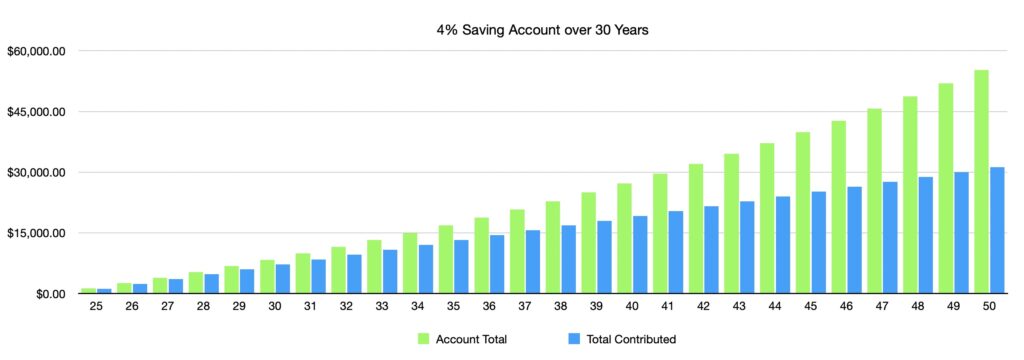
Screenshot
And so it continues with the interest getting just a little bit bigger year after year.
At 35 you’ve put in $13,000 and the account would be $16,000.
At 45 you’ve put in $25,000 and the account would be almost $40,000.
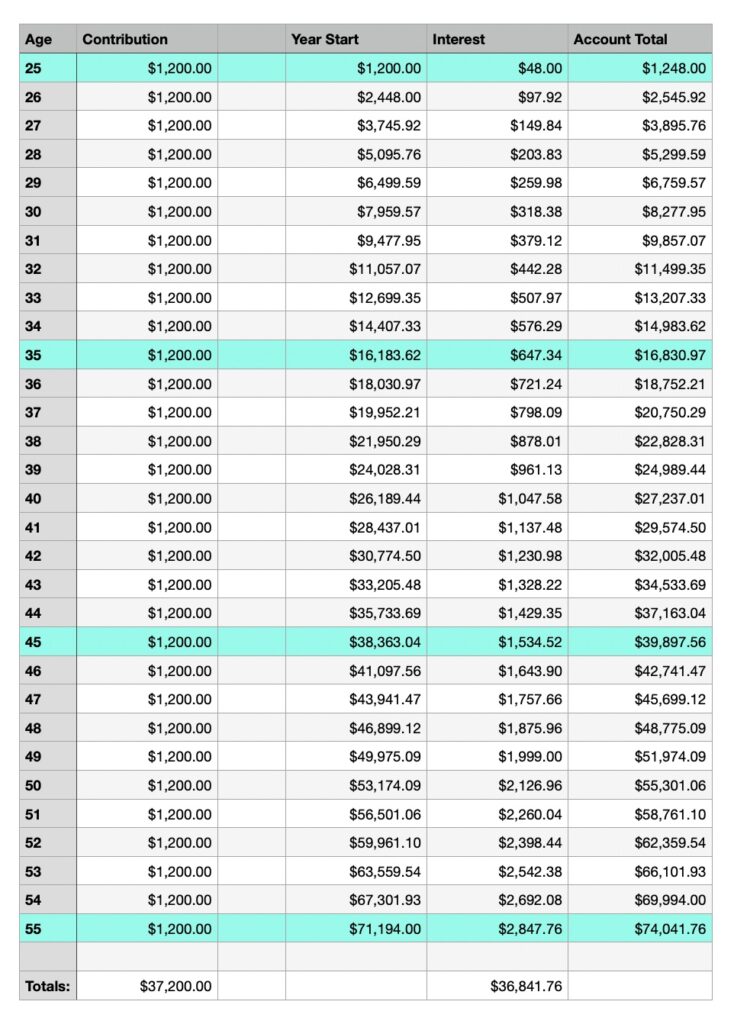
Time is the magic ingredient in a lot of financial success. If you give it some training (invest it, put it in savings, start a business, etc), soon it’ll start working all on its own.
One of the favorite financial tools to illustrate the benefit of compounding interest is called the “Jack and Jill” comparison. It looks at Jill, someone who started saving/investing at the beginning of her career, and Jack, who decided to wait a few years.
Let’s look at this in a couple different scenarios:
First: Jill starts investing $1,200 per year when she’s 25, stops when she’s 40, and just lets the account grow on its own from there.
Jack starts investing $1,200 per year at 40, until he’s 55.

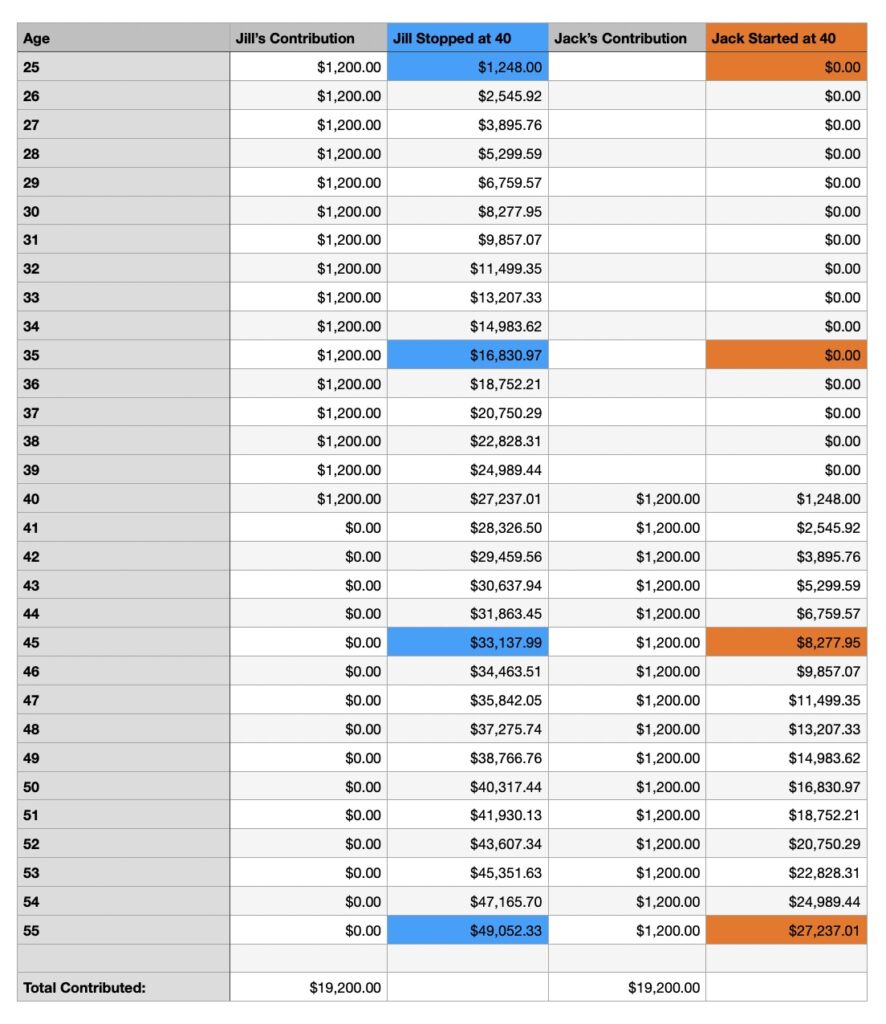
Screenshot
Both contributed the same amount: $19,200. But when they’re both 55 Jill’s account is almost $50,000, while Jack’s is only $27,000. Those extra 15 years of interest make a $23,000 difference for Jill.
In another situation, Jill starts investing $1,200 per year when she’s 25 and keeps going until she’s 55.
Jack starts investing at 40, but he puts in $2,400 per year so he can catch up.
Jack actually ends up contributing at little bit more than Jill: his $38,400 to her $37,200.
Her account is still ends up being $20,000 more than his: hers is $74,000 to his $54,000.

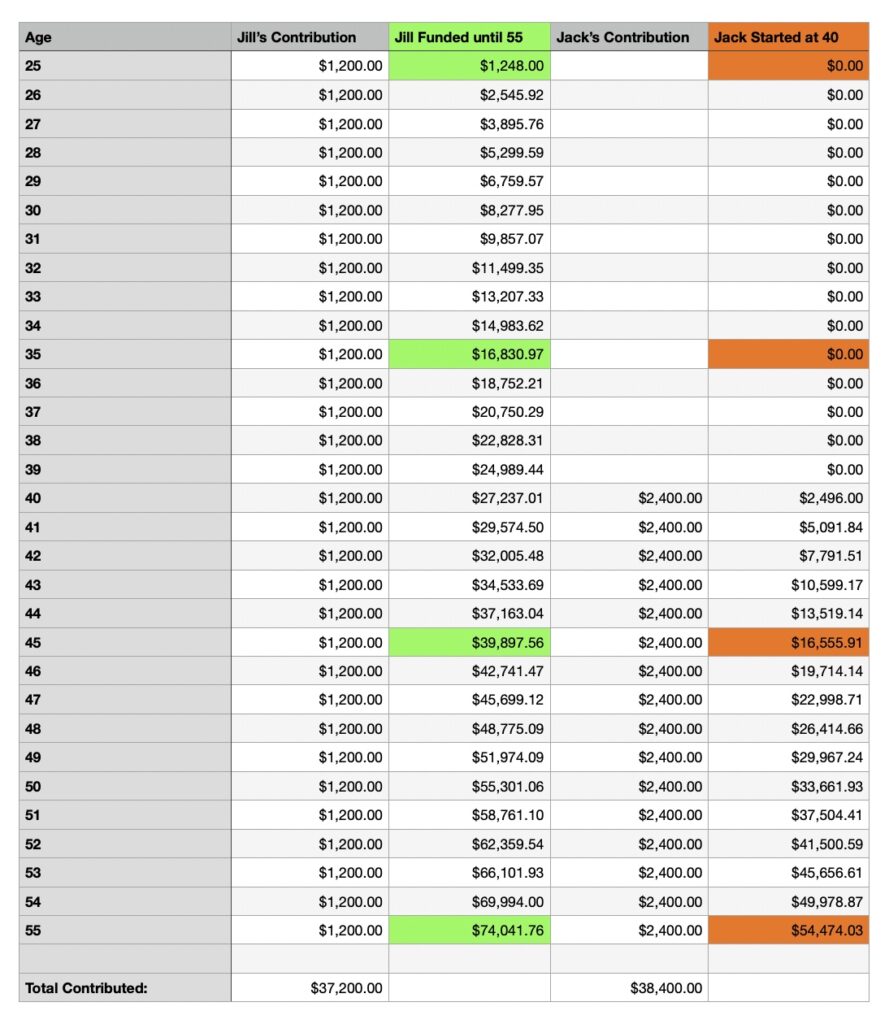
The moral of the story? Start early. Time is your friend, not only in compounding interest, but the sooner you start paying attention to your money, the more you learn and the better you get at managing it.
There’s a proverb that says “The best time to plant a tree was 20 years ago. The second best time is now.” Since most of the readers of this blog are fairly early in your careers, my hope is that in 20 years you can look back at this “tree” and be happy you planted it when you did.
Hypothetical scenarios are all well and good, but how do you start digging?
If you’re just starting out and all this feels completely overwhelming, take a look at Dave Ramsey’s Baby Steps. He’s built an empire around financial literacy, but I recommend you treat it as a good place to get your bearings, but not the gospel truth. Steps 1-3 are a good place to start and once those make sense, look around at other philosophies (like the ones below). I don’t agree with everything he recommends (doing away with credit cards and investing in mutual funds being the main points of contention), but his method can be a helpful resource to get yourself started.
For anyone who feels financially stable but doesn’t know the first thing about investing, take a look at JL Collin’s blog. He does a good job of talking about the stock market in accessible terms and is a proponent of simple, set-it-and-forget-it investing. (He also has a book that I highly recommend.) Paula Pant, who I mentioned early, is at Afford Anything, and offers another take on managing your money as well as talking about investing in property and other business instead of stocks.
If you want to do a really deep dive, Google the “FIRE movement” or “Financial Independence” and jump down that rabbit hole. (If you get easily overwhelmed, maybe save this for later. There’s a whole world of information out there, so it can be easy to feel like you just started drinking out of a firehose, but that also means there are plenty of resources to help you.)
I’m not a financial expert, but here’s my own two cents:
First, figure out where you stand. What do you have? What do you owe? Just knowing that can put you miles ahead of the crowd.
Second, open a savings account somewhere familiar (If you don’t have a checking account yet, open that first.) A “high-yield” savings account should give you 3-4% interest, so look for that. You might use the bank where you have your checking account or even the same company as your credit card. Starting somewhere you already know will make it easier to take that step, and if you want to switch banks later, you absolutely can.
Next, open an IRA. These are retirement accounts that you put your own money into and get tax benefits when you fund them. My general rule of thumb is: if you make less than $150,000 in a year, open a ROTH IRA. If you make more, open a Traditional IRA. If you’d like to learn more about those, there’s a good explanation here at DowJanes.com.
After that, use some of the links I’ve included to start looking at ways to increase your net worth. Whether that’s paying off debt, putting money into your savings account, or opening a brokerage account for investments, you’re working towards that goal.
As you’re setting financial goals, take a moment to think about what’s important to you. Imagine what your life looks like if you’ve got $100 in savings, or $1,000, or even $10,000.
Does that mean you won’t have to panic when your show closes with two weeks notice (or less) because you know you have enough to pay your bills for a few months while you look for another job?
It might look like taking on a passion project that you want to develop and love working on, even if it doesn’t pay much right now, and might grow into something later.
It could be realizing you’re in a toxic work environment and knowing you don’t have to stay in an unhealthy cycle while you look for another job.
It’s having a retirement account that’s accumulating quietly off to the side as political pundits debate if Social Security will still exist in 40 years.
Personally, having savings means I have freedom and my priorities are about making time for my family and my friends.
When I moved to the city, I made the decision to pay for an apartment that was bigger than I’d need just for myself, because it meant I had room for people to stay with me when they came to visit.
I could afford a vacation to meet my parents in London as they make the most of their retirement.
I can take time off to go visit old tour buddies in DC, Vegas, and Chicago or help my friend with her Christmas show in Pittsburgh.
The goal is to get to play as hard as I work. Sure, last year I didn’t have any vacation time from January to June because we were getting Outsiders up and running and then immediately went into Tony voting season. I didn’t mind it because I knew the expectations of the schedule and I like my job. (And that’s why I have the apartment. When I can’t get away, my friends are welcome to come to me.)
But that meant when we had subs trained, I made a point to follow through with plans and take time off to see people.
Recently, having that savings cushion (the FIRE community calls it “F-You Money,” which I do quite enjoy) meant that I made the decision to leave Outsiders this summer without a lot of extra worry. For some people, a hit show that’s going to run for at least a few years brings security and they’ll stick around for a while.
Honestly, I’m ready for the next challenge, and I planned ahead and talked to Cody (my designer) and made a plan. Part of that is getting the Outsiders tour set up. I’ve missed touring, so even just getting to go through tech and then handing it off to the crew will be a fun way to dip my toes back into that life.
Past that, there isn’t much of a plan. I’ll switch to being the sub on Outsiders and return as a sub for SIX (ah, that freelancing life!), and I’m looking forward to the change. I know I have the resources set aside so a couple months of light work isn’t a death sentence or anxiety inducing.
None of this would have been possible if I hadn’t started saving and investing while I was on the road.
And that’s what money gives you: freedom. It may not buy happiness, but it certainly does buy options. Everyone’s goals will look different, but do you and your future self a favor: get started on saving because there’s no better time than now.
